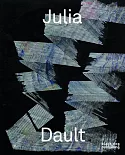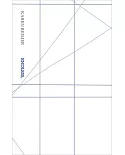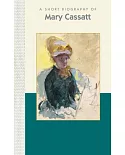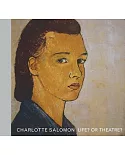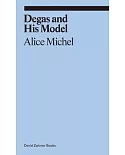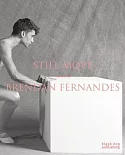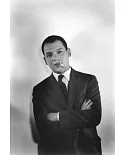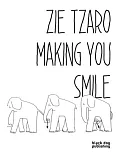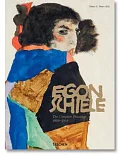Recently interest has surged in what Jean Dubuffet called Art Brut, “raw art” produced by persons operating outside cultural norms, reflecting inner need rather than any “official” artistic
attitude. Of the known practitioners of Art Brut, one of the most gifted was the Swiss peasant Adolf Wölfli. From 1895, when he was thirty-one, until his death in 1930, Wölfli was
incarcerated in Waldau hospital, severely afflicted with rage and depression. Supplied with colored pencils and paper by his primary physician, Walter Morgenthaler, he began to draw.
Morgenthaler’s pathbreaking study of Wölfli and his art, published in 1921, aimed at the center of contemporary debates about the relationships between creativity, madness, and art. This
first English-language edition includes twenty-four color reproductions of Wölfli’s art and Wölfli’s brief account of his own life.





